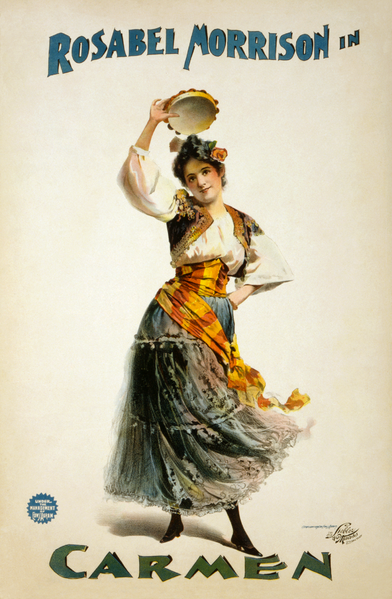3/3/2014 01:01:46 pm
A great opera and every director's challenge. I have an old VHS tape of this flamenco version. Must find time to convert it to CD. Comments are closed.
|
StoreBooks
Videos Audio |
PDFs to Download |
|

